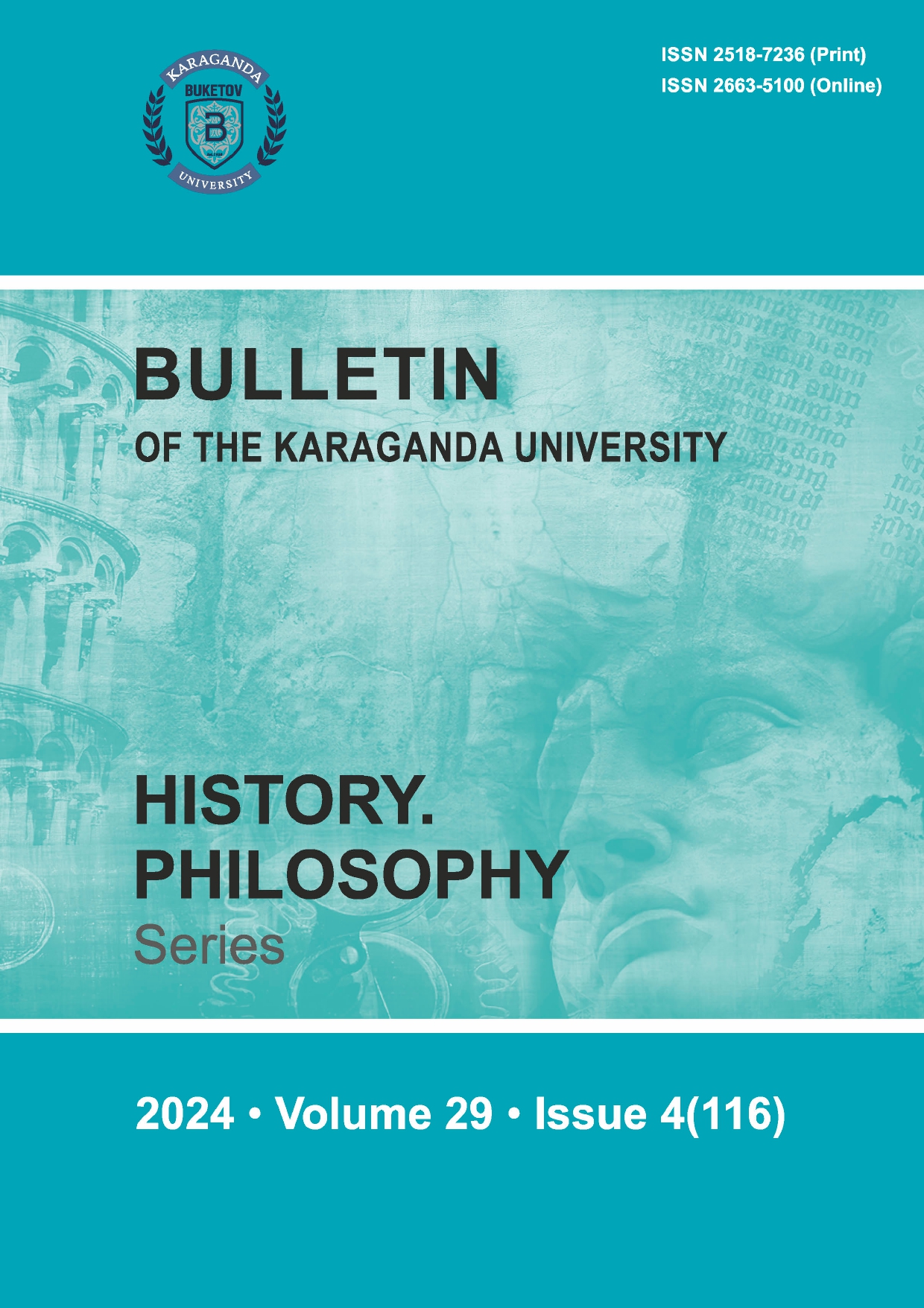Natural and artificial intelligence: development from small to large logical forms
DOI:
https://doi.org/10.31489/2024hph4/320-328Keywords:
Graphs, natural intelligence, knowledge, artificial intelligence, ategorical schemes, the concept of three worlds, logical forms, research designAbstract
Taking into account the available approaches to the development of artificial intelligence, specialists are in-vited to discuss such a proposal. In the Universe, as one of its components, there is intelligence, realized indifferent conditions and on different media, i.e. there are natural and artificial intelligence that complementeach other. The leading problem now is the development of natural intelligence in the direction of findingnew logical forms in coordination with artificial intelligence projects. We will refer to the Small logical formsknown in logic: concepts, judgments, conclusions, definitions, questions. Large logical forms include: hy-potheses, theories, models, systems, problems. The following is proposed. With regard to the understandingof knowledge, it is worth starting from the concept of the three worlds by K. Popper. Knowledge and cogni-tion do not so much reflect as complement the physical and mental, they translate human participation intoobjects and into the World as a whole using two examples. Concepts and categories have different functionalpurposes: concepts carry meanings and content, and categories determine the logistics of thinking. The workof the approach announced here is demonstrated using two original examples. The presented cognitive toolsare used in research, educational and methodological work, and in the design of any objects. The presentedmaterial is taught at universities as special courses in all areas of postgraduate and master's degree training. Itseems promising to form complexes where joint participation, interaction and mutual development of naturaland artificial intelligence, including in research design tasks, are planned.




